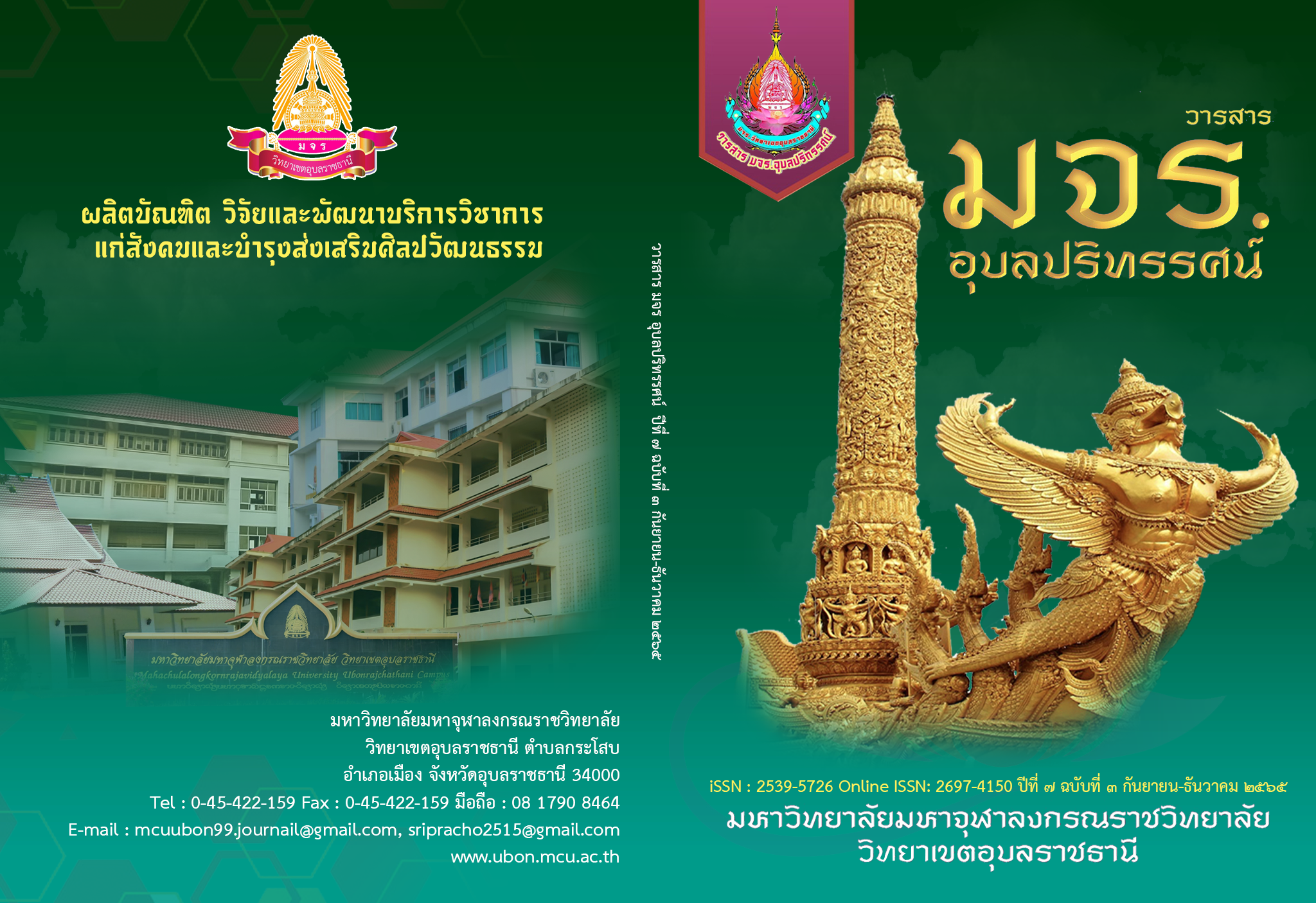วิวัฒนาการของรัฐศาสตร์
Main Article Content
บทคัดย่อ
รัฐศาสตร์ในยุคโบราณมีจุดสนใจอยู่ที่การเสนอแนวความคิดทางการเมืองของนักปรัชญาการเมืองในแต่ละยุคสมัย ซึ่งเป็นผลมาจากวิวัฒนาการของการเปลี่ยนแปลงทางสังคมตั้งแต่สมัยกรีกจนถึงกึ่งกลางคริสต์ศตวรรษที่ 19 (ค.ศ.1850) การศึกษาวิชารัฐศาสตร์จึงเป็นเรื่องของการแสวงหาปัญญาโดยนักปรัชญาการเมืองต่างๆ ที่ทำการวิเคราะห์และประเมินค่าการจัดสรรอำนาจและโครงสร้างแห่งอำนาจ ให้เป็นไปตามมาตรฐานทางจริยธรรม (ethical criteria) เมื่อเป็นเช่นนี้ ปราชญ์ทางการเมืองจึงสามารถใช้ปัญญาเพื่อการแสดงออกซึ่งความสนใจและความคิดทางการเมืองของตนได้อย่างมีเสรีภาพ ซึ่งแต่ละคนจะแสดงความคิดทางการเมืองของตนได้อย่างมีเสรีภาพ และสะท้อนให้เห็นถึงปัญหาต่างๆ ในแต่ละยุค เนื้อหาสาระของวิชารัฐศาสตร์ในยุคโบราณนี้ เดวิด อีสตัน ได้เรียกการศึกษารัฐศาสตร์ยุคนี้ว่า ยุคสากลนิยม (universalism) เมื่อเป็นเช่นนี้ สาระของวิชารัฐศาสตร์จึงยังไม่มีลักษณะเฉพาะ (specialization) แต่ขึ้นอยู่กับความสนใจของนักคิดแต่ละคน สาระของวิชารัฐศาสตร์จึงมีความหลากหลายไปตามยุคสมัยที่เปลี่ยนแปลงไป ส่วนเป้าหมายของรัฐศาสตร์ในยุคพฤติกรรมนิยมมุ่งสร้างทฤษฎีเชิงประจักษ์วาท ต่อมาในราวปี ค.ศ.1968 นักรัฐศาสตร์กลุ่มหนึ่งได้เสนอแนะให้ทบทวนเป้าหมายของวิชารัฐศาสตร์เสียใหม่ โดยได้แบ่งเป้าหมายของการศึกษารัฐศาสตร์ออกเป็นเป้าหมายระยะสั้นและเป้าหมายระยะยาว กล่าวคือ การศึกษารัฐศาสตร์ มีเป้าหมายระยะสั้น คือการนำความรู้ไปแก้ปัญหาต่างๆในสังคมการเมือง ส่วนเป้าหมายระยะยาว คือการสร้างองค์ความรู้ที่มีลักษณะเชิงประจักษ์ เรียกว่า ยุคหลังพฤติกรรมศาสตร์จนถึงปัจจุบัน
Article Details
เอกสารอ้างอิง
พรศักดิ์ ผ่องแผ้ว, (2524) .รัฐศาสตร์, พัฒนาการและแนวทางศึกษา, พิมพ์ครั้งที่ 2, กรุงเทพฯ
สุโขทัยธรรมาธิราช,มหาวิทยาลัย. (2543) หลักและวิธีการศึกษาทางรัฐศาสตร์,พิมพ์ครั้งที่ 16นนทบุรี :สำนักพิมพ์มหาวิทยาลัยสุโขทัยธรรมาธิราช, 2543.
เอ็ม.เจ.ฮาร์มอน, (2519) ความคิดทางการเมืองจากเปลโต้ถึงปัจจุบัน, เสน่ห์ จามริก (แปล), พิมพ์ครั้งที่ 3, กรุงเทพฯ : มหาวิทยาลัยธรรมศาสตร์.
Albert Somit and Joseph Tanenhaus. (1964) American Political Science: A Profile of A Discipline. New York: Atherton Press, 1964.
Arnold Brecht, (1967) Political Theory: The Foundations of Twentieth Century Political Thought. Princeton: Princeton University Press,.
Arthur F. Bentley, (1949) The Process of Government, Bloomington: Principia, 1908, reprinted.
Carl J. Friedrich. (1937) Constitutional Government and Democracy, Boston, Ginn,
Charles E. Merriam. (1925) New Aspects of Politics. Chicago: University of Chicago Press.
Christian Bay (2524) “The Cheerful Science of Dismal Politics” in Theodore Roszak (ed), The Dissenting Academy. New York: Pantheon Books, 1968.
David Truman, (1951) The Governmental Process, New York, Knopf.
Davis Easton (1968)“Political Science” International Encyclopedia of the Social Sciences Xii,
E.A. Ross., (1908) Social Psychology: An Outline and Source of Book, New York: Macmillan.
George F, Kennan. (1966) Realities of American Foreign Policy. New York: Norton,
George H. Sabine. (1937) History of Political Theory. New York: Holt, (1937) .
Graham Wallas. (1962) Human Nature in Politics, Gloucester, Mass: Smith (1962);
Hans J. Morgenthau. (1954) Politics among nations. New York: Alfred A. Knopf.
Harold D. Laswell. (1936) Politics: Who gets What When and How. New York: McGraw-Hill.
Herman Finer. (1949) The Theory and Practice of Modern Government. New York: Hott, (1932)
Houghton Mittlin, (1908) The Government of England , 2Vols, New York: Macmillan
J.W. Burgess, (1981) Political Science and Comparative Constitutional Law, 2 Vols. Boston: Gin.
James Bryce. (1988) The American Commonwealth, New York: Macmillan, 1926; Modern Democracy, New York: Macmillan, 1921.
Lawrence A. Lowell, (1996) Government and Parties in Continental Europe, 2 Vols. Boston.
Leo Strauss, (1959) What is political Philosophy? And Other Studies, New York: The Free Press.
Social Science Research Council, (1968) Research in Political Science. London: Heinemann.


